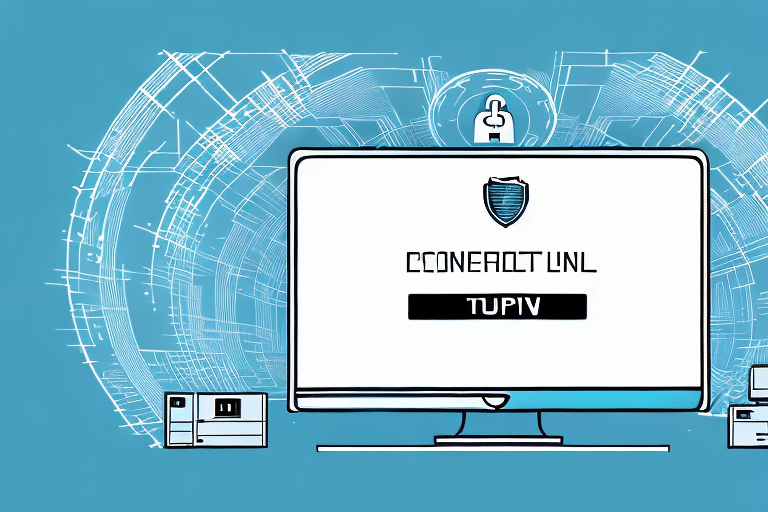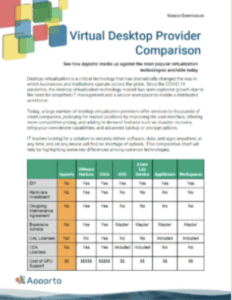What is VPN?
A Virtual Private Network (VPN) is a technology that allows users to create a secure connection to a remote network over the internet. With a VPN, you can access resources and services on the internet as if you were physically present in another location. VPNs provide a layer of encryption and privacy to your online activities, making them an essential tool in today’s interconnected world.
Understanding the Basics of VPN
Before diving into the technical details, let’s start with a clear definition of what VPN actually is and explore its fascinating history.
Virtual Private Network (VPN) is a versatile tool that allows users to establish a secure and encrypted connection to the internet. It acts as a secure tunnel between your device and the internet, ensuring that your online activities are shielded from potential threats and surveillance.
Definition of VPN
At its core, a VPN is a network technology that enables secure and private communication between users and the internet. By using encryption and tunneling protocols, VPNs create a secure connection, protecting your data from prying eyes and ensuring your online activities remain private.
When you connect to a VPN server, your device encrypts all the data you send and receive, making it unreadable to anyone trying to intercept it. This encryption ensures that your online communications, sensitive information, and browsing history are kept confidential and secure.
The History of VPNs
The concept of VPNs dates back to the 1990s when businesses realized the need to establish secure connections for remote workers. Initially, VPNs were primarily used for business purposes, but over time they have become popular among individuals seeking enhanced privacy and security.
As cyber threats and data breaches became more prevalent, the demand for VPN services grew exponentially. VPNs evolved from being a niche technology to a mainstream tool for safeguarding online privacy and bypassing geo-restrictions.
The rapid advancement of technology and the increasing concern for online privacy have driven the widespread adoption of VPNs today.
How Does a VPN Work?
Now that you have a basic understanding of what VPN is, let’s explore how it actually works.
Virtual Private Network (VPN) technology operates by creating a secure and encrypted connection over a less secure network, such as the internet. This encrypted connection allows users to securely transmit data between their devices and the VPN server, ensuring privacy and data integrity.
The Role of Encryption in VPNs
Encryption is a fundamental aspect of VPNs. It converts data into an unreadable format, known as ciphertext, which requires a decryption key to access. By encrypting your internet traffic, VPNs ensure that your data remains confidential and secure, even if intercepted by malicious actors.
Furthermore, VPNs use various encryption protocols like AES (Advanced Encryption Standard) to secure data transmission. AES is a widely adopted encryption standard known for its robust security features, making it a popular choice for VPN providers looking to offer high levels of protection to their users.
VPN Protocols Explained
VPN protocols define the set of rules and encryption algorithms used to establish a secure connection. There are several VPN protocols available, such as OpenVPN, IPSec, and WireGuard, each with its own strengths and weaknesses. These protocols ensure the integrity and confidentiality of your data during transmission.
OpenVPN, for example, is an open-source VPN protocol that is highly configurable and offers strong security. On the other hand, WireGuard is a newer VPN protocol known for its simplicity and efficiency in establishing secure connections. Understanding the different VPN protocols can help users choose the one that best fits their security and performance needs.
Virtual Desktop Provider Comparison
Why Use a VPN?
With the basics and inner workings of a VPN covered, let’s explore the reasons why you should consider using one.
When it comes to online security and privacy, a VPN (Virtual Private Network) is a powerful tool that provides numerous benefits beyond just encryption. Not only does it protect your sensitive information from hackers, identity thieves, and other malicious actors, but it also shields your online activities from prying eyes, such as internet service providers (ISPs) and government surveillance agencies.
Privacy and Security Benefits
Privacy and security are two crucial aspects of our online lives. VPNs offer a shield against potential threats, protecting your sensitive information from hackers, identity thieves, and other malicious actors. By encrypting your internet connection and masking your IP address, VPNs keep your online activities private.
Moreover, VPNs can also prevent websites from tracking your online behavior and collecting data for targeted advertising. This additional layer of anonymity ensures that your browsing history remains confidential, giving you peace of mind while surfing the web.
Overcoming Geographical Restrictions
One of the major benefits of using a VPN is the ability to bypass geographical restrictions. By connecting to a server in a different location, you can access content and services that may be blocked or restricted in your region. Whether it’s streaming your favorite shows or accessing websites in countries with censorship, a VPN opens up a world of possibilities.
Furthermore, VPNs can also enhance your online gaming experience by reducing lag and latency, providing a smoother gameplay session. By connecting to servers closer to gaming servers, you can enjoy faster response times and a more stable connection, giving you a competitive edge in multiplayer games.
Types of VPNs
Not all VPNs are created equal. Let’s delve into the different types of VPNs available.
Virtual Private Networks (VPNs) come in various forms, each catering to specific needs and use cases. Understanding the different types of VPNs can help you choose the right one for your requirements.
Site-to-Site VPNs
Site-to-Site VPNs, also known as router-to-router VPNs, are commonly used by businesses to securely connect multiple locations. These VPNs establish encrypted connections between routers, allowing seamless communication between different networks.
Site-to-Site VPNs are ideal for organizations with multiple offices or branches that need to share data and resources securely. By encrypting the communication between routers, sensitive information remains protected from unauthorized access or interception.
Remote Access VPNs
Remote Access VPNs provide individual users with secure access to a private network over the internet. With a Remote Access VPN, you can connect to your home or office network while traveling or working remotely, ensuring your data remains protected.
Remote Access VPNs are essential for remote workers, allowing them to access company resources securely from any location with an internet connection. Whether you are working from a coffee shop or traveling abroad, a Remote Access VPN encrypts your data and ensures secure communication with your organization’s network.
Choosing the Right VPN
With the multitude of VPN options available, it’s crucial to select the right one for your needs.
Factors to Consider
When choosing a VPN, consider factors like security features, speed, server locations, customer support, and compatibility with your devices. Take the time to research and compare different providers to find the one that best suits your requirements.
Security features are a critical aspect to consider when selecting a VPN. Look for features like AES encryption, kill switch, and DNS leak protection to ensure your online activities are secure and private. Additionally, some VPNs offer extra security measures such as split tunneling and multi-hop connections for added protection.
Paid vs. Free VPNs
While there are free VPNs available, it’s important to weigh the pros and cons. Free VPNs often come with limitations such as data caps, slower speeds, and potential privacy concerns. On the other hand, paid VPN services generally offer more robust features, better performance, and enhanced security.
Server locations play a crucial role in VPN performance. The more server locations a VPN provider offers, the better your chances of accessing geo-restricted content and achieving faster connection speeds. Consider your specific needs, such as accessing content from a particular region, when evaluating the server network of a VPN service.
In conclusion, a VPN is a powerful tool that provides security, privacy, and freedom on the internet. By encrypting your data and masking your IP address, VPNs offer a safe and private online experience. Whether you’re a business professional, a frequent traveler, or simply concerned about your online privacy, using a VPN is a wise choice in today’s digital landscape. So, explore the different VPN options available, choose the one that suits your needs, and enjoy a safer and more unrestricted internet experience.



